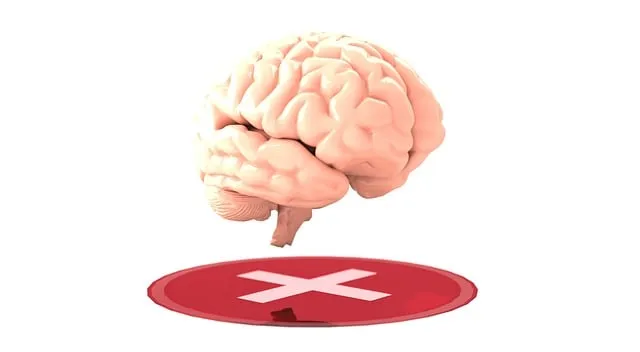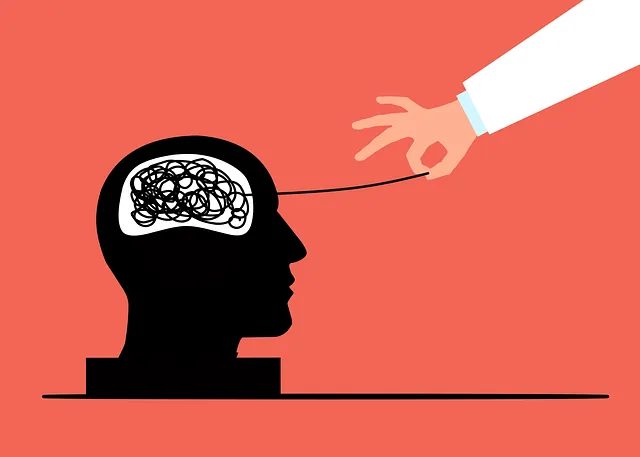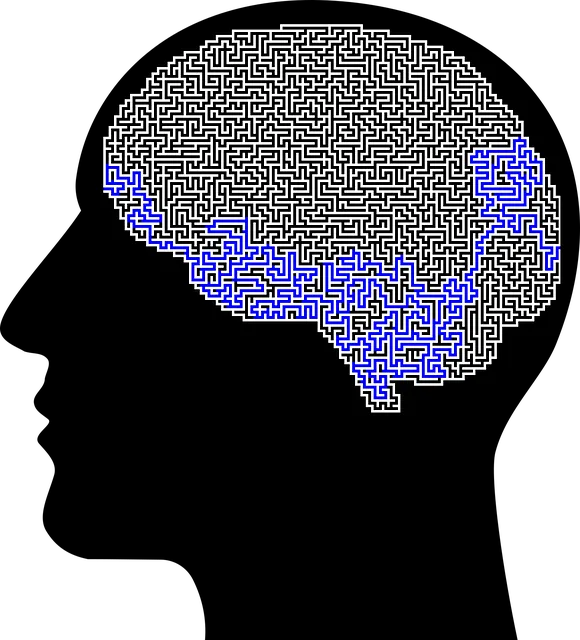Centennial Kaiser Permanente behavioral health services offer a holistic emotion regulation program based on cognitive behavior therapy and mindfulness teaching. Through workshops, sessions, and group support, they empower individuals to recognize, accept, and manage emotions effectively. The program includes risk management planning for professionals and incorporates research-backed techniques like reframing thoughts, mindfulness meditation, and self-care practices such as exercise, sleep, and social connections to promote long-term mental wellness.
Emotion regulation is a vital skill for navigating life’s challenges. This comprehensive guide explores effective techniques inspired by the Centennial Kaiser Permanente behavioral health services’ approach. We delve into understanding emotional responses, with a focus on The Kaiser Method. Learn practical strategies like mindfulness practices to center your mind and cognitive reframing to transform negative thoughts. Discover self-care routines essential for long-term emotional well-being.
- Understanding Emotion Regulation: The Kaiser Approach
- Teaching Mindfulness: Centering the Mind
- Cognitive Strategies: Reframing Thoughts and Emotions
- Self-Care Practices for Long-Term Regulation
Understanding Emotion Regulation: The Kaiser Approach

Emotion regulation is a vital skill to teach, especially in navigating today’s fast-paced and often stressful world. The Centennial Kaiser Permanente behavioral health services have recognized this need and developed an effective approach through their unique program design. This method, inspired by the principles of cognitive behavior therapy, equips individuals with tools to understand and manage their emotions effectively.
The Kaiser Approach focuses on helping people recognize and accept their emotional responses while teaching them strategic techniques to regulate these feelings. By understanding that emotions are a natural part of life but can be managed, individuals gain a sense of control. This process involves identifying triggers, learning to observe without judgment, and developing healthy coping mechanisms tailored to individual needs. The program’s structure includes interactive workshops, one-on-one sessions, and group support, ensuring a comprehensive Mental Health Education Programs Design that addresses various learning styles and preferences, while also integrating Risk Management Planning for Mental Health Professionals and Risk Assessment strategies to ensure safe and effective practice.
Teaching Mindfulness: Centering the Mind

Teaching mindfulness is a powerful tool within the realm of emotion regulation techniques, and it has gained significant attention through organizations like Kaiser Permanente behavioral health services. By centering the mind, individuals learn to focus on the present moment, observing their thoughts and feelings without judgment. This practice, often promoted in Burnout Prevention strategies, helps to cultivate emotional intelligence, enabling folks to better understand and manage their emotions effectively.
Centering the mind through mindfulness can provide Anxiety Relief, allowing individuals to detach from anxious thoughts and gain a sense of calm. It encourages a more aware and receptive state, where one can recognize triggers for strong emotions and respond thoughtfully rather than reacting impulsively. This practice is a game-changer in fostering emotional resilience and enhancing overall well-being.
Cognitive Strategies: Reframing Thoughts and Emotions

Cognitive strategies, such as reframing thoughts and emotions, are a cornerstone of emotion regulation techniques taught by Centennial Kaiser Permanente behavioral health services. This approach empowers individuals to challenge and change negative or distorted thinking patterns that can trigger intense emotional responses. By consciously shifting perspectives, one can transform stressful situations into opportunities for growth, enhancing resilience and overall mental well-being.
Incorporating mindfulness meditation as a complementary practice within these cognitive strategies has proven effective in Mental Health Policy Analysis and Advocacy efforts. Studies show that regular Mindfulness Meditation helps individuals cultivate present-moment awareness, enabling them to recognize and accept emotions without judgment. This not only improves emotional regulation but also contributes to the development of successful Mental Wellness Coaching Programs, fostering a holistic approach to mental wellness promotion.
Self-Care Practices for Long-Term Regulation

At Centennial Kaiser Permanente behavioral health services, we recognize that effective emotion regulation isn’t just about managing immediate distress; it’s about cultivating long-term well-being. To achieve this, our programs emphasize holistic self-care practices that empower individuals to navigate life’s challenges with resilience. This involves not only learning specific techniques but also adopting sustainable habits that support emotional health.
Self-care plays a pivotal role in fostering self-esteem improvement and depression prevention. Practices like regular exercise, mindfulness meditation, and adequate sleep are cornerstones of our approach. By integrating these into daily routines, individuals build resilience, enhancing their ability to cope with stress and regulate emotions effectively over time. Additionally, engaging in creative outlets, nurturing social connections, and setting personal boundaries contribute to a robust self-care regimen that forms the backbone of emotional regulation.
Emotion regulation techniques, as taught by the Centennial Kaiser Permanente behavioral health services, offer individuals powerful tools to navigate life’s challenges. By understanding and applying strategies like mindfulness, cognitive reframing, and self-care practices, people can enhance their emotional well-being and overall quality of life. This comprehensive approach, inspired by the Kaiser Approach, empowers folks to manage their emotions effectively, fostering resilience and a deeper connection with their inner selves.






